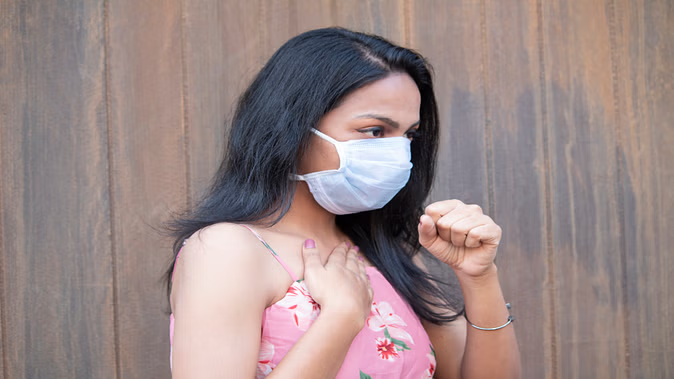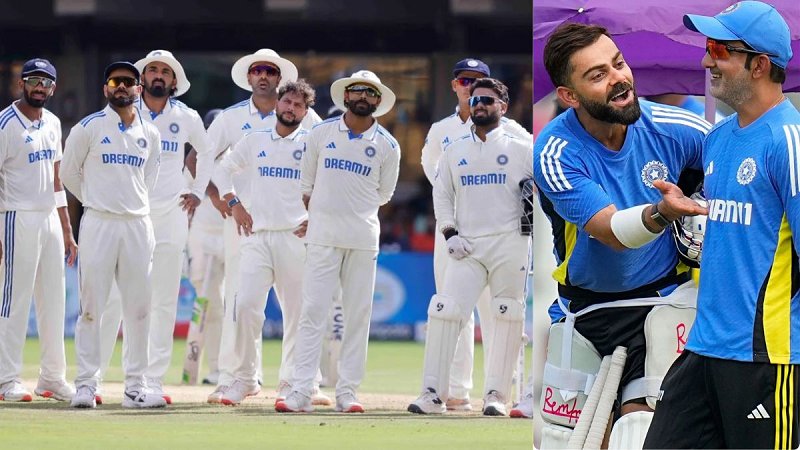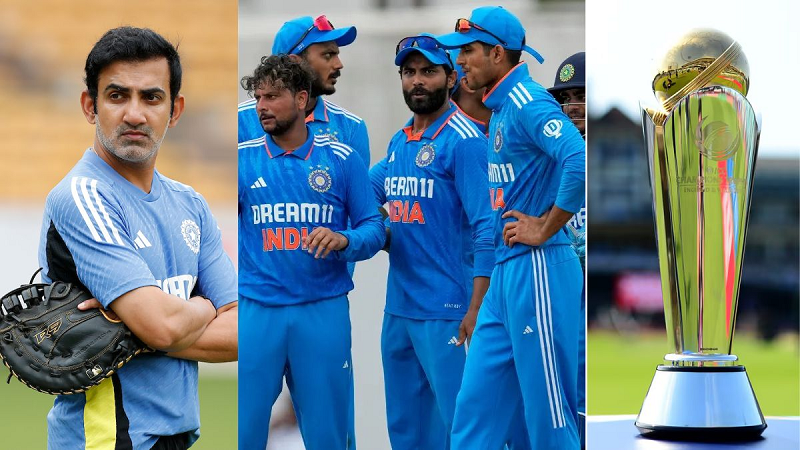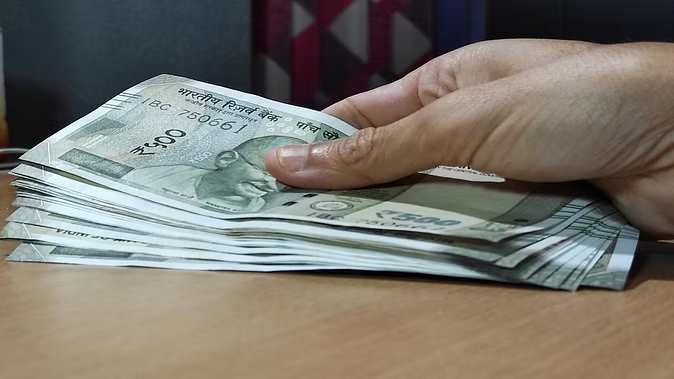With the onset of the rainy season, cases of many types of diseases have also started increasing. Health experts say that mosquito-borne diseases pose the greatest risk during these days. The rainy season is most favorable for the breeding of mosquitoes, which is why the risk of diseases like dengue, malaria, and chikungunya increases significantly in this season. It is also worth noting here that the changing time from summer to rain also increases the risks of seasonal fever.

In this article, we will learn about seasonal fever and dengue. Since most of the symptoms of both these diseases are the same, it often becomes very difficult for people to differentiate between them. The symptoms of seasonal fever get cured in a few days, however, if dengue is not taken care of, it can cause the risk of bleeding problems.
Let us know how the symptoms of monsoon fever and dengue can be identified.
What do experts say?
Talking to Amar Ujala, Dr Mukesh Sinha, a consultant at a hospital in Gurugram, says, although the cases of dengue in hospitals are nominal at present, however, with the onset of the rainy season, its risks may also increase. The problem of seasonal fever and flu is being seen more these days. I have seen many such patients who can have both monsoon fever and dengue simultaneously. The symptoms of both diseases are almost the same in the beginning. In the case of dengue, early treatment is needed.
The problem of fever in monsoon
Monsoon fever is caused by viral infection in the rainy season. With the change in weather, in case of a virus infection like influenza, you may have problems ranging from mild to high fever, runny or blocked nose, sore throat, body pain and fatigue, and mild headache. Monsoon fever usually starts slowly and is often accompanied by respiratory symptoms like cough or cold.
Most of these people recover on their own without medicines.
Dengue fever problem
Dengue fever is also a disease spread by infected mosquitoes. Dengue does not spread from one person to another. Dengue mosquitoes are more active during the day, so it is considered most important to keep taking measures to prevent mosquito bites. Symptoms can be different in every person infected with the dengue virus. Along with fever, there may be problems of nausea, vomiting, rashes on the body, muscle and joint pain, or headache. In severe cases, the risk of internal bleeding due to dengue also increases.

Dr. Mukesh says that if it is not treated immediately, it can cause serious complications.
How to differentiate between these two?
Cases of both monsoon fever and dengue are increasing these days and most of their symptoms are also the same, so special attention needs to be paid to some differences. Dr. Mukesh explains both cause fever, pain, and fatigue, but in dengue, it usually starts suddenly and as the symptoms increase, severe body pain and rashes start occurring. Dengue fever causes a decrease in blood platelet count, while such problems are not seen in monsoon fever.
Both of these are treated in different ways. Most cases of monsoon fever are cured with over-the-counter fever medicine (paracetamol) along with rest and keeping the body hydrated, while some people may need hospitalization for the treatment of dengue. If someone has pain with fever for 3-4 days and is not getting relief with normal measures, then it becomes necessary to get a blood test done in time.
(PC: ISTOCK)










